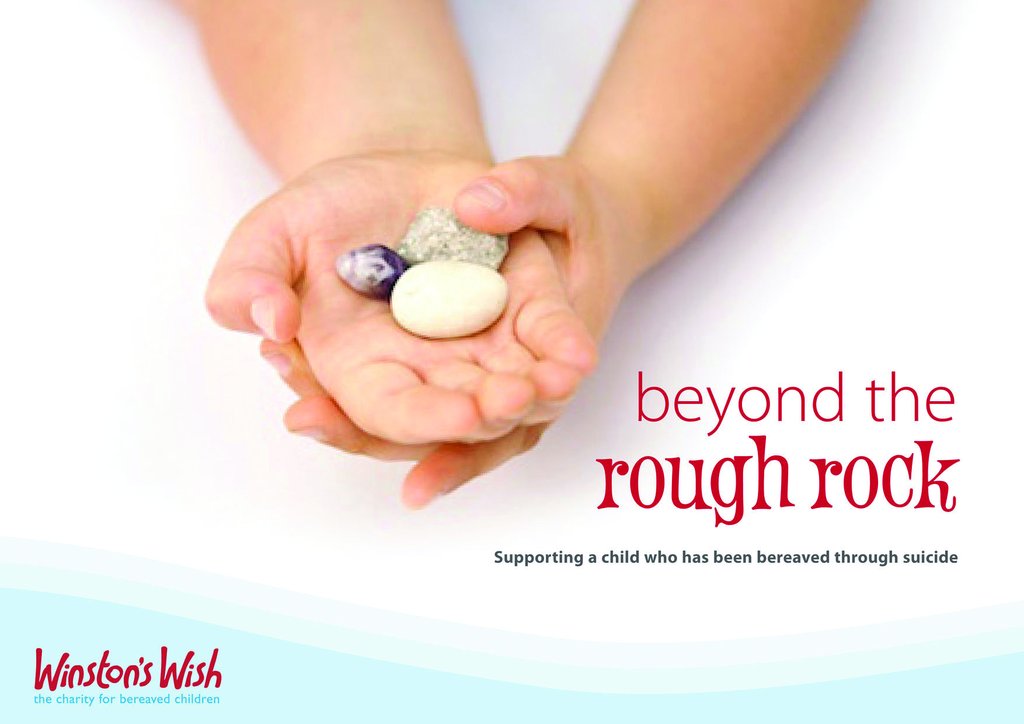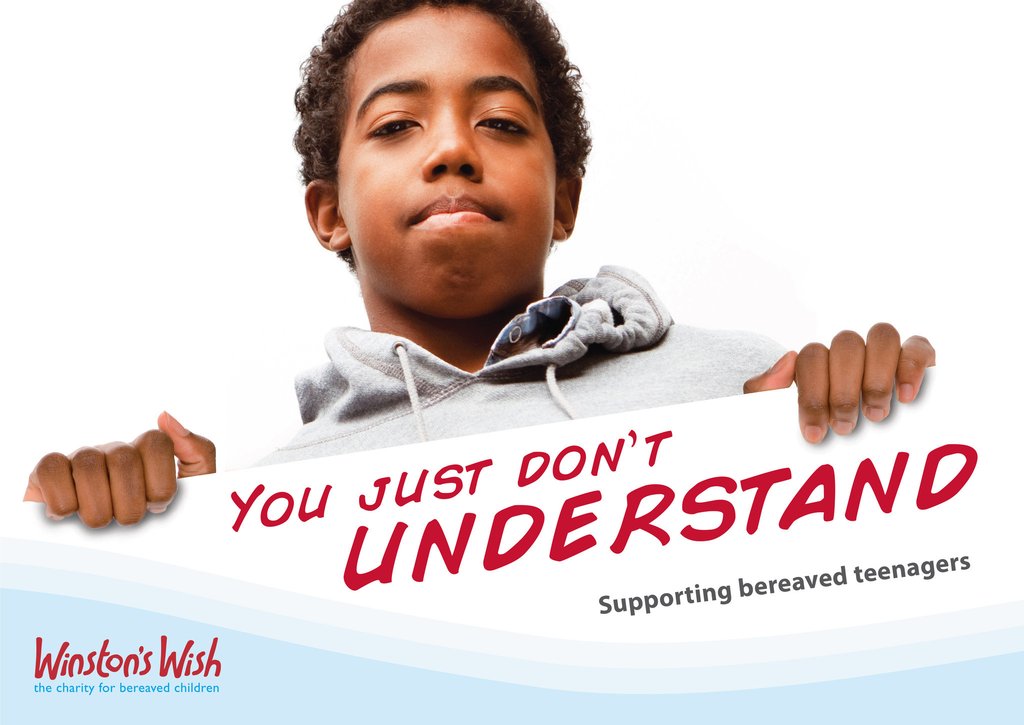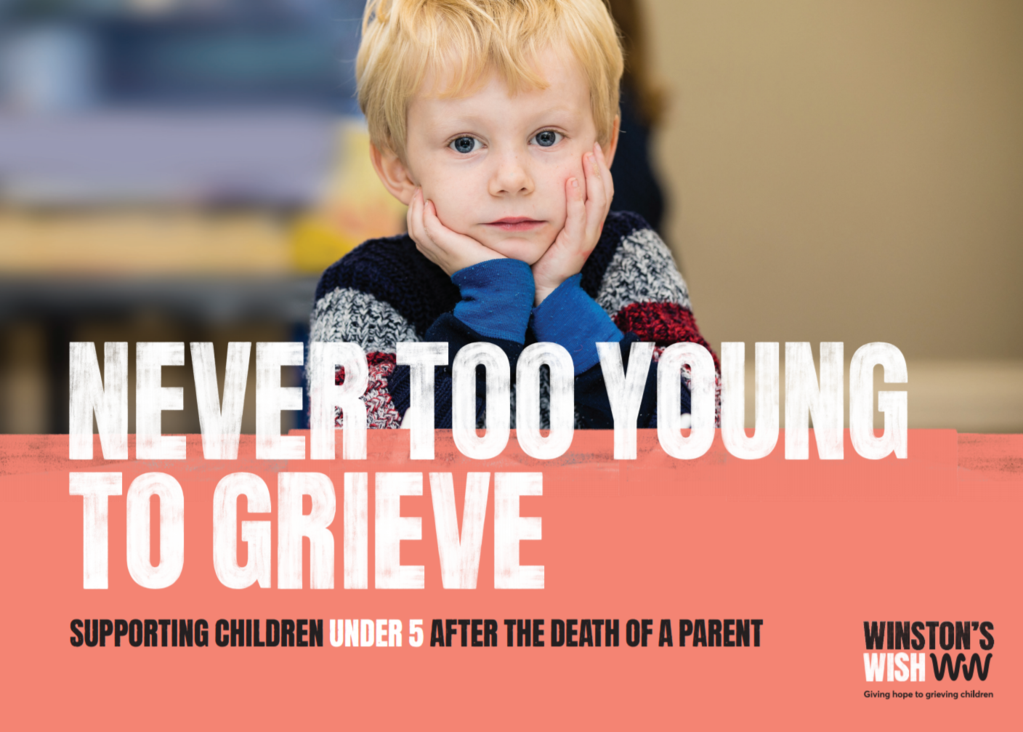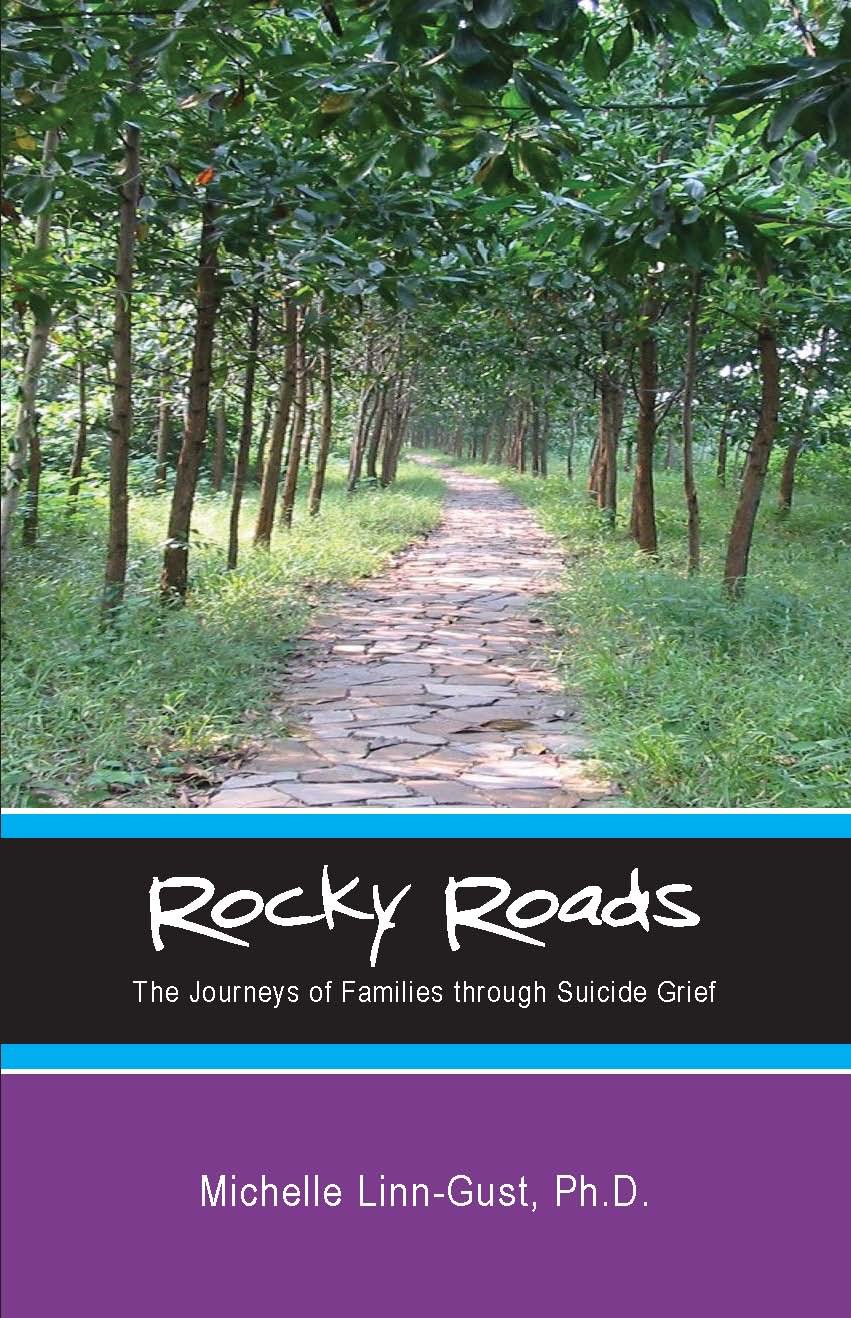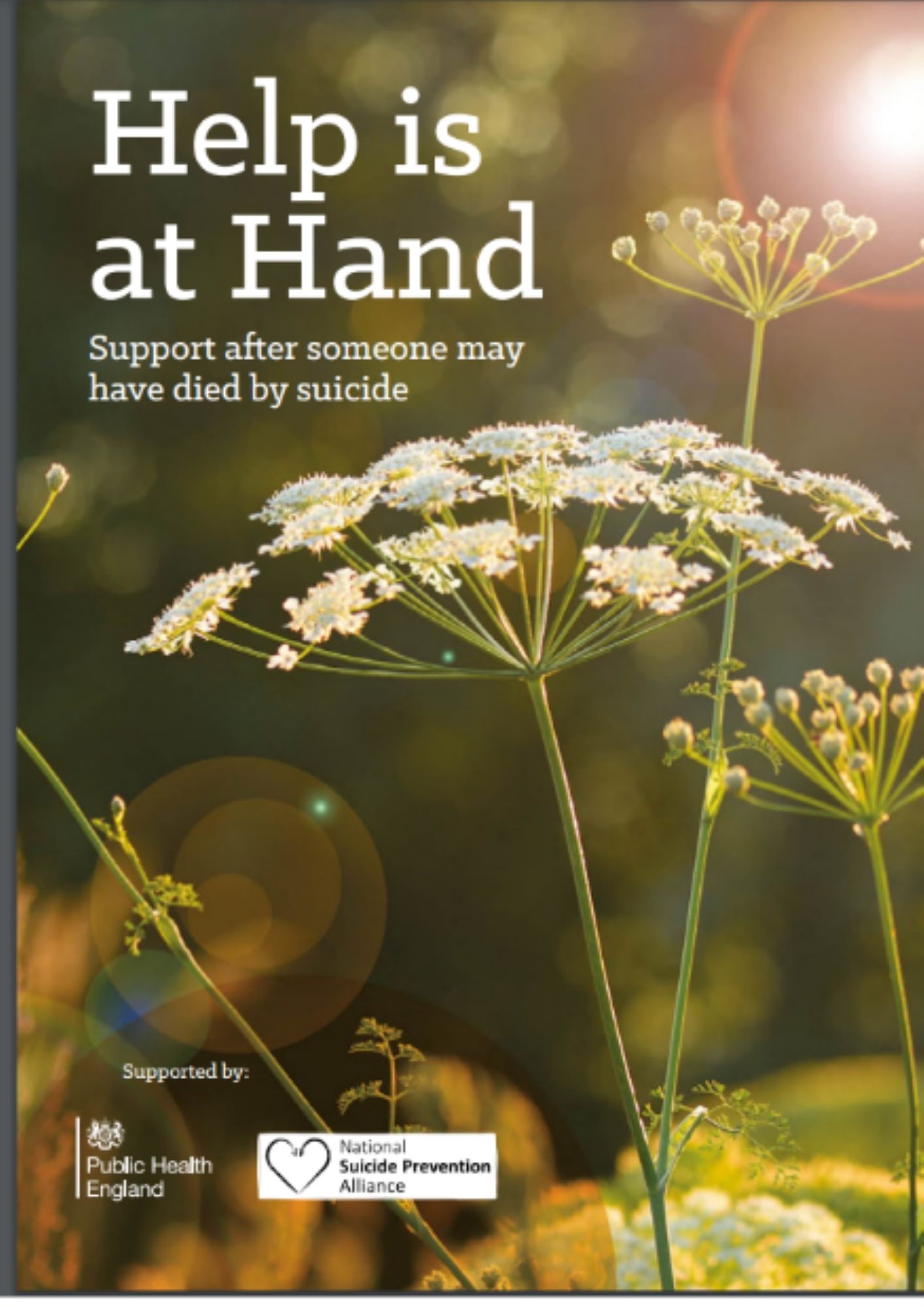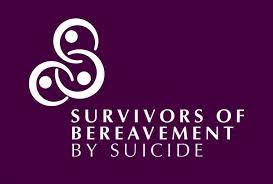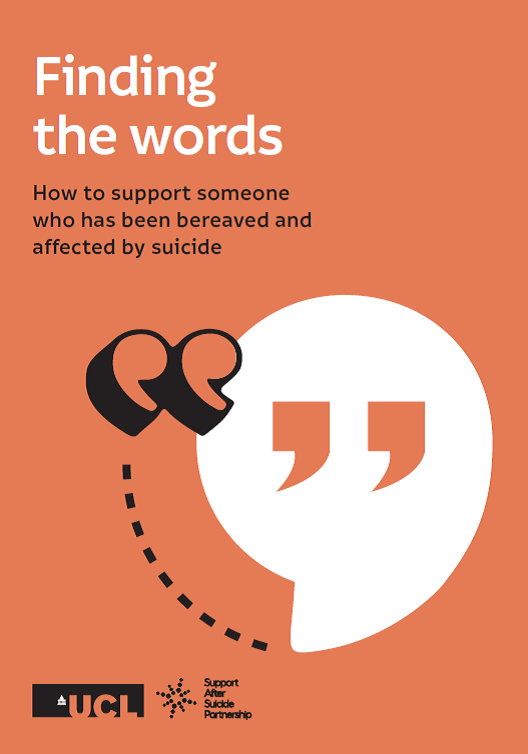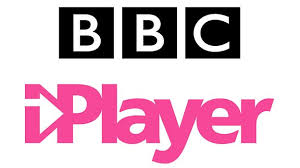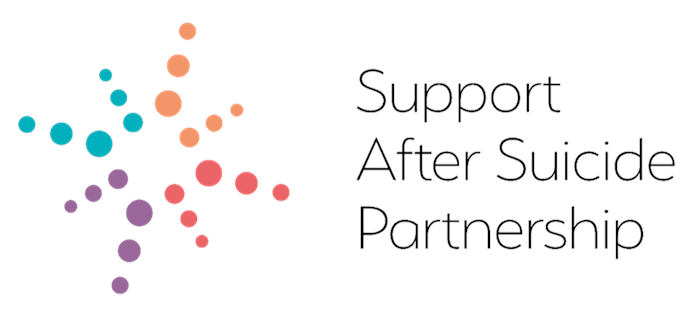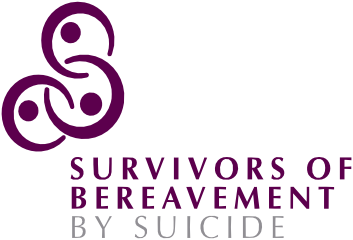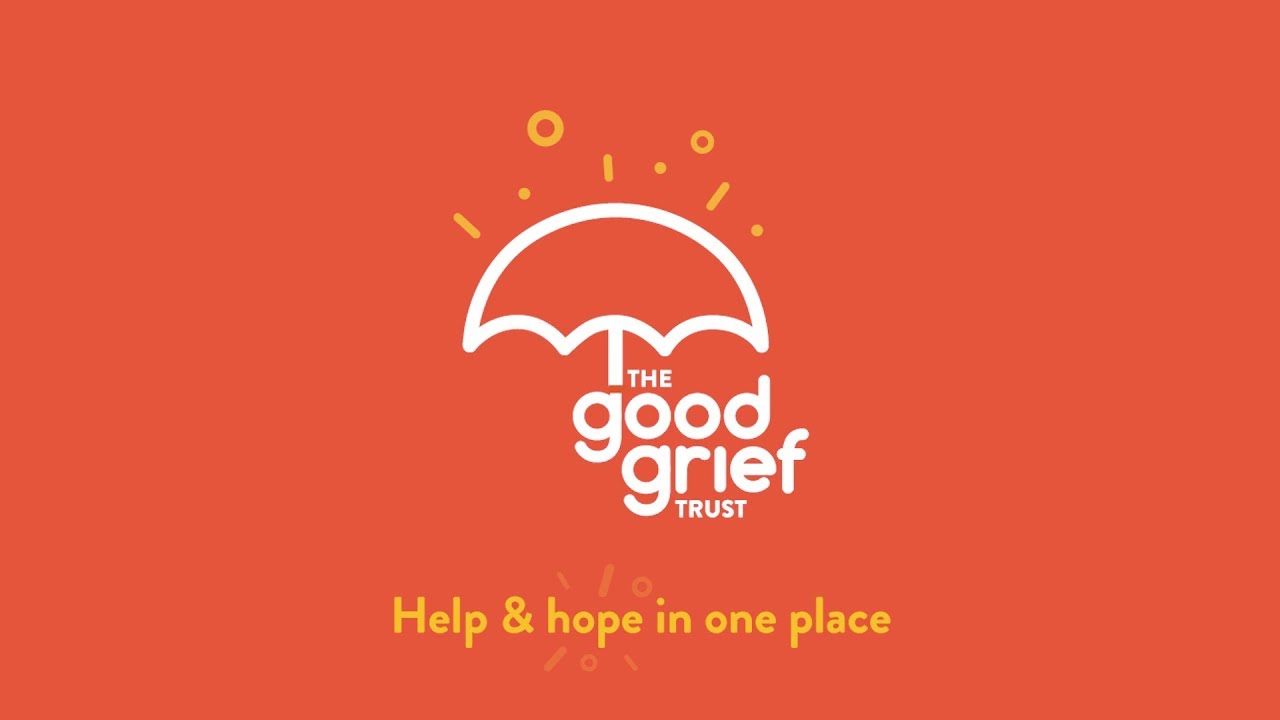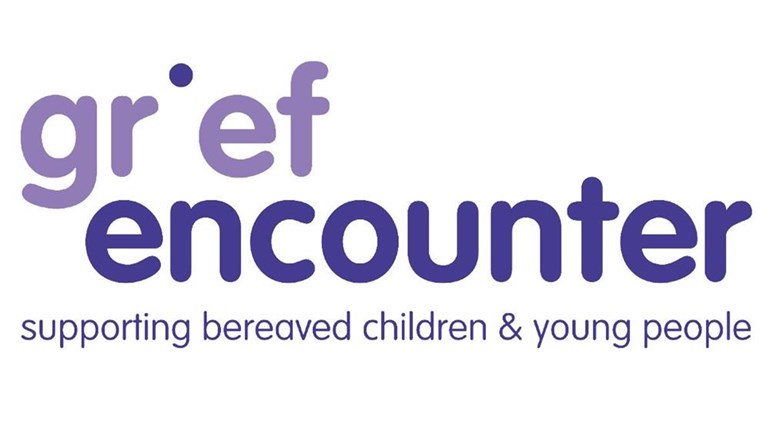Bereavement by suicide
Photo credit: Shutterup Photography
Any bereavement is hard, but research suggests that losing someone to suicide brings a more complicated dynamic to the grief. Feelings you might experience when you lose someone to suicide include intense sadness, shock, anger, frustration, confusion and isolation. Some people also talk about experiencing a sense of shame or guilt, and while this is a very common reaction it is important to remember that people who take their own lives are often trying to stop feelings of distress that can feel as intense and real as physical pain – the reasons for suicide are complex.
Counselling can be helpful to unpick some of these feelings and work through how you are feeling and ways to cope. Often your own wellbeing suffers as a result of your grief. Here at Edward’s Trust we also offer wellbeing support.
C
Helplines for immediate support
Films
Voices of our bereaved adults
People who have been bereaved often say that they feel so alone in their grief and think that no one else understands. A number of our bereaved adults took part in a filming project because they wanted to have their voices heard and for others to know that are not alone in feeling what they feel.
Amanda came for support at Edward’s Trust after her son Oliver took his own life during his second year at University. Here is her story.
You can see the other films – Voices from our Bereaved Adults on our YouTube Channel here
Find out more about how we can help
What is Counselling?
The word ‘counselling’ may be a bit of a daunting word, but really it’s just about meeting with somebody who will try and understand and is trained to help you express how you are feeling. This can help you work through how you feel and find coping strategies for your grief journey.
Read more here
What is Wellbeing therapy?
Facing the loss of a loved one is a very individual journey and the experience of grief often affects the whole person – physically, mentally, emotionally and spiritually.
Wellbeing therapies offer a range of ways to support you to relax, and become more aware of how closely our mind, body and emotions are linked.
Read more here

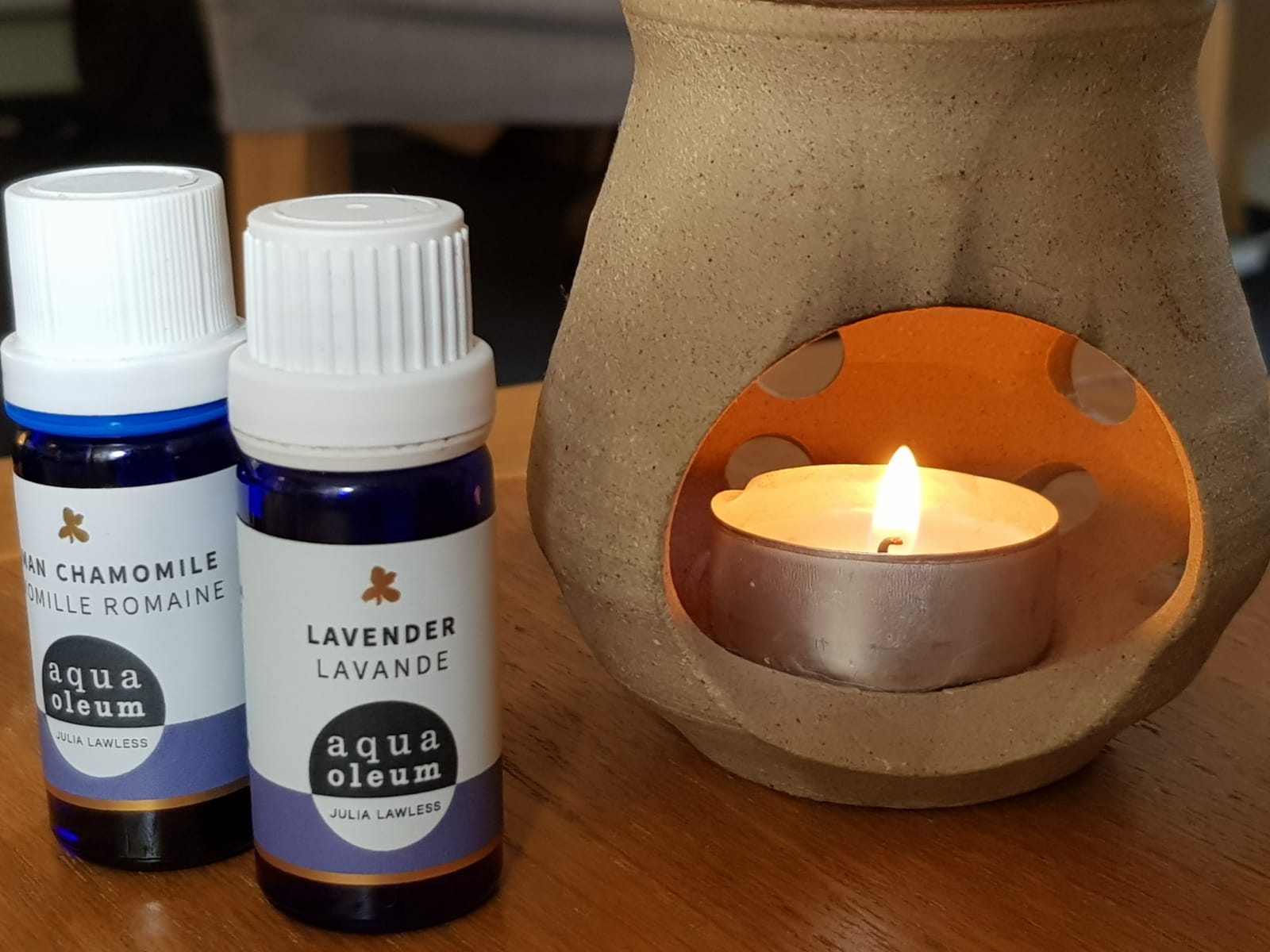
Resources
A resource by National Suicide Prevention Alliance & Public Health England for people bereaved through suicide or other unexplained death, and for those helping them.
A resource booklet by Survivors of Bereavement by Suicide contains information about coping with suicide, giving support and practical help.
A resource by Support after Suicide Partnership on how to support someone who has been bereaved and affected by suicide.
Podcasts, Blogs
If podcasts & blogs are your thing, then here are some you might find helpful or interesting
Winston’s Wish: My brother Simon
BBC Sounds – Afterlives
BLOG Young Minds: Coping with the death of my best friend
Rob, Cam & Ted
Griefcast: Funny People Talking About Death
Grief is my Superpower: A number of different Podcasts
Documentaries
If documentaries are your thing, then check these out!
Suicide - Death on campus
Suicide rates in British universities have reached an unprecedented high – nearly doubling in the last 10 years.
This documentary uses the testimony of loved ones to piece together the last days and hours of three students who took their own lives under the pressures of the academic, financial and social expectations of university. (BBC i-Player, Nov 2017)
Our Silent Emergency
Roman Kemp: Our Silent Emergency is a deeply personal and candid film following Roman as he explores the mental health and suicide crisis affecting young men in the UK. In August 2020, Roman’s life changed dramatically with the sudden and unexpected death of his best friend, radio producer Joe Lyons. This timely documentary sees Roman taking a closer look at the urgent issue of young men’s mental health, exploring why increasing numbers are taking their own lives and the reasons why so many of them never ask for help. Wanting to find some answers in a difficult time, Roman explores what can be done to encourage people to seek help, what preventative action we need to be taking, and the lasting impact mental health and suicide can have on friends and families. This is a film about Roman’s generation, young men and boys as they become adults, and how he himself could help add to a dialogue that might help those who are struggling in silence.
Grief: It's not something you get over
Grief is something that nearly all of us will experience but it’s something that most of us find difficult to talk about. This week on Like Minds, we find out what grief is, that it’s very individual for all of us and why you don’t have to “get over” it. (BBC Stories, ‘Like Minds’ Ep.12)
Caroline Flack: Her Life and Death
A tribute to one of Britain’s biggest TV stars, telling the story of Caroline Flack’s life and the impact that fame, mental health issues, press and social media had on her. (Channel 4, 11th April 2022 )
Film – Personal stories
Websites
Here are some recommended websites about bereavement by suicide that we hope you will find informative and useful
Books
Here are a few books that we recommend for adults
A Special Scar: The Experiences of People Bereaved by Suicide - Alison Wertheimer
A Special Scar looks in detail at the stigma surrounding suicide and offers practical help for survivors, relatives and friends of people who have taken their own life. Fifty bereaved people tell their own stories, showing us that, by not hiding the truth from themselves and others, they have been able to learn to live with the suicide, offering hope to others facing this traumatic loss.
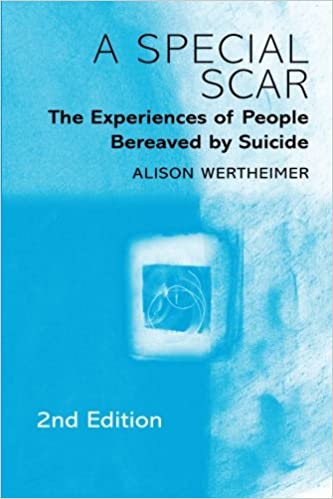
Coping with Suicide - Maggie Helen
There are over 6,000 suicides in the UK every year, in addition to 160,000 people who attempt suicide. Each suicide leaves an estimated five to eight people closely affected by the death, and nearly 50 percent of the population know someone who has self-harmed. This book is aimed at those whose loved ones have taken their lives and will also be useful for people working with the relatives and friends of those who have taken their life suicide.
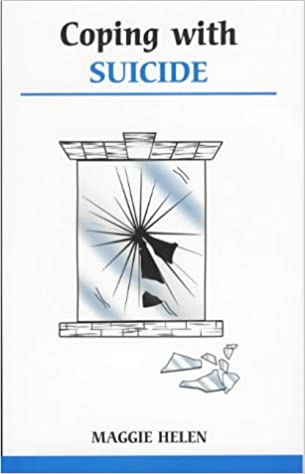
Silent Grief – Living in the Wake of Suicide - Christopher Lukas and Henry M Seiden
“Silent Grief” is a book for and about “suicide survivors” – those who have been left behind by the suicide of a friend or loved one. Author Christopher Lukas is a suicide survivor himself – several members of his family have taken their own lives – and the book draws on his own experiences, as well as those of numerous other suicide survivors. These personal testimonies are combined with the professional expertise of Henry M. Seiden, a psychologist and psychoanalytic psychotherapist.
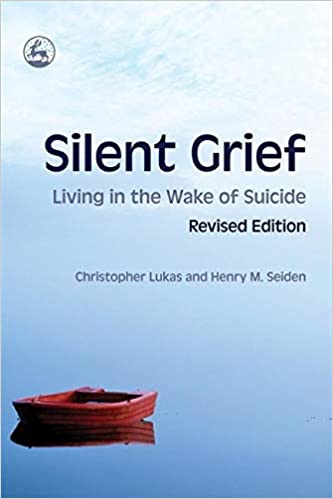
Here are a few books that we recommend for children
Luna’s Red Hat - Emmi Smid
This important publicaton (including a DVD) provides a sensitive and appropriate means of engaging with children around the difficult question of death through suicide. Red Chocolate Elephants will be a valuable tool for those supporting children in schools and other settings, and provides an important bridge into exploring this complex and confusing experience.
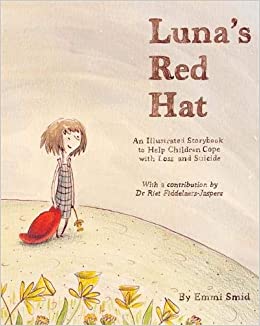
Red Chocolate Elephants: For Children Bereaved by Suicide - Diana C Sands PhD
This important publicaton (including a DVD) provides a sensitive and appropriate means of engaging with children around the difficult question of death through suicide. Red Chocolate Elephants will be a valuable tool for those supporting children in schools and other settings, and provides an important bridge into exploring this complex and confusing experience.
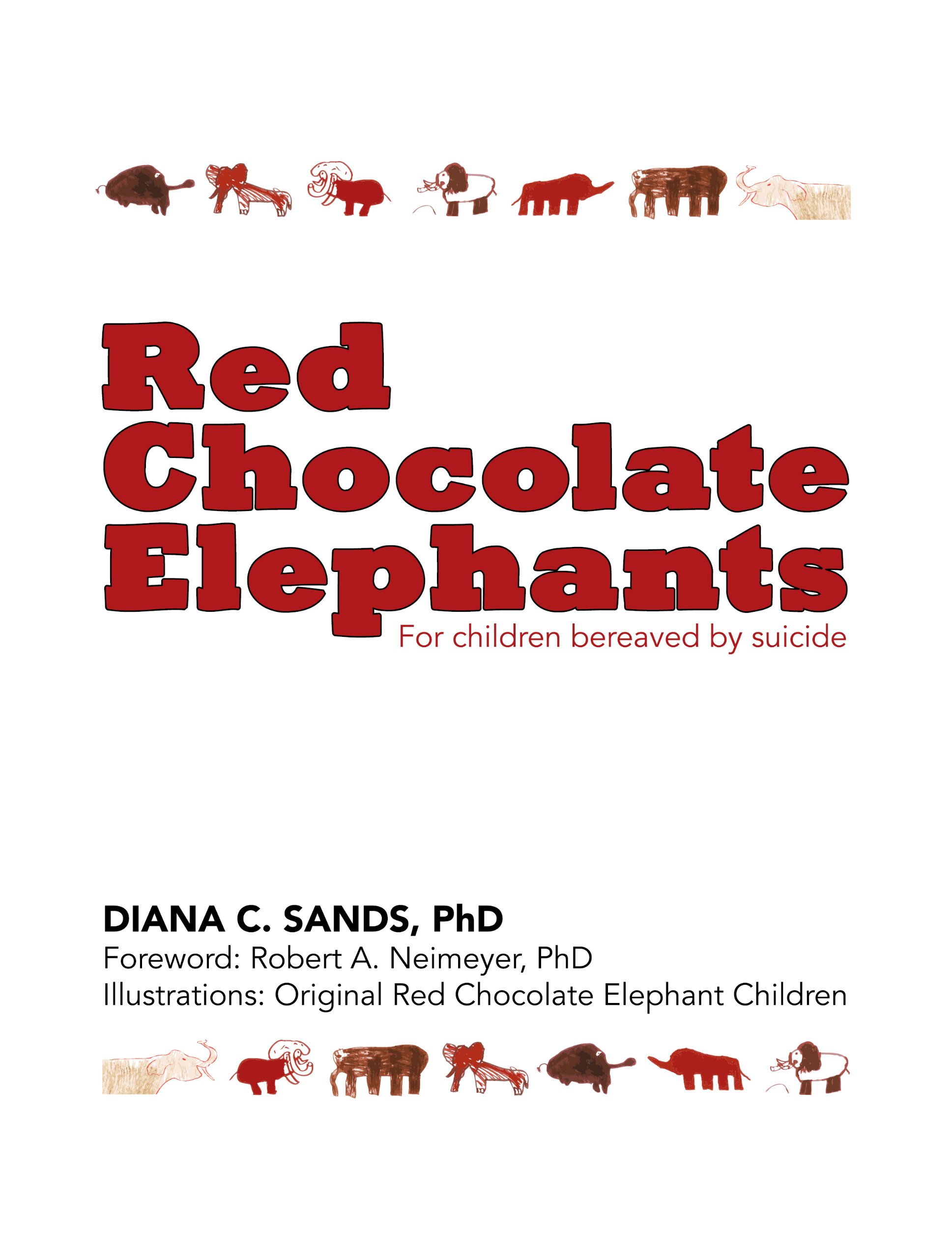
But I Didn’t Say Goodbye: Helping Children and Families After a Suicide - Barbara Rubel
But I Didn’t Say Goodbye is a book seen through the eyes of Alex, an eleven-year-old boy, whose father has died by suicide. This story is a glimpse into a child’s traumatic and life changing personal experience. But I Didn’t Say Goodbye introduces you to a bereaved family immediately after a suicide and ends five years later. The dialogue in each chapter will show you how you can help develop honest, open communication between children and the people in their lives.
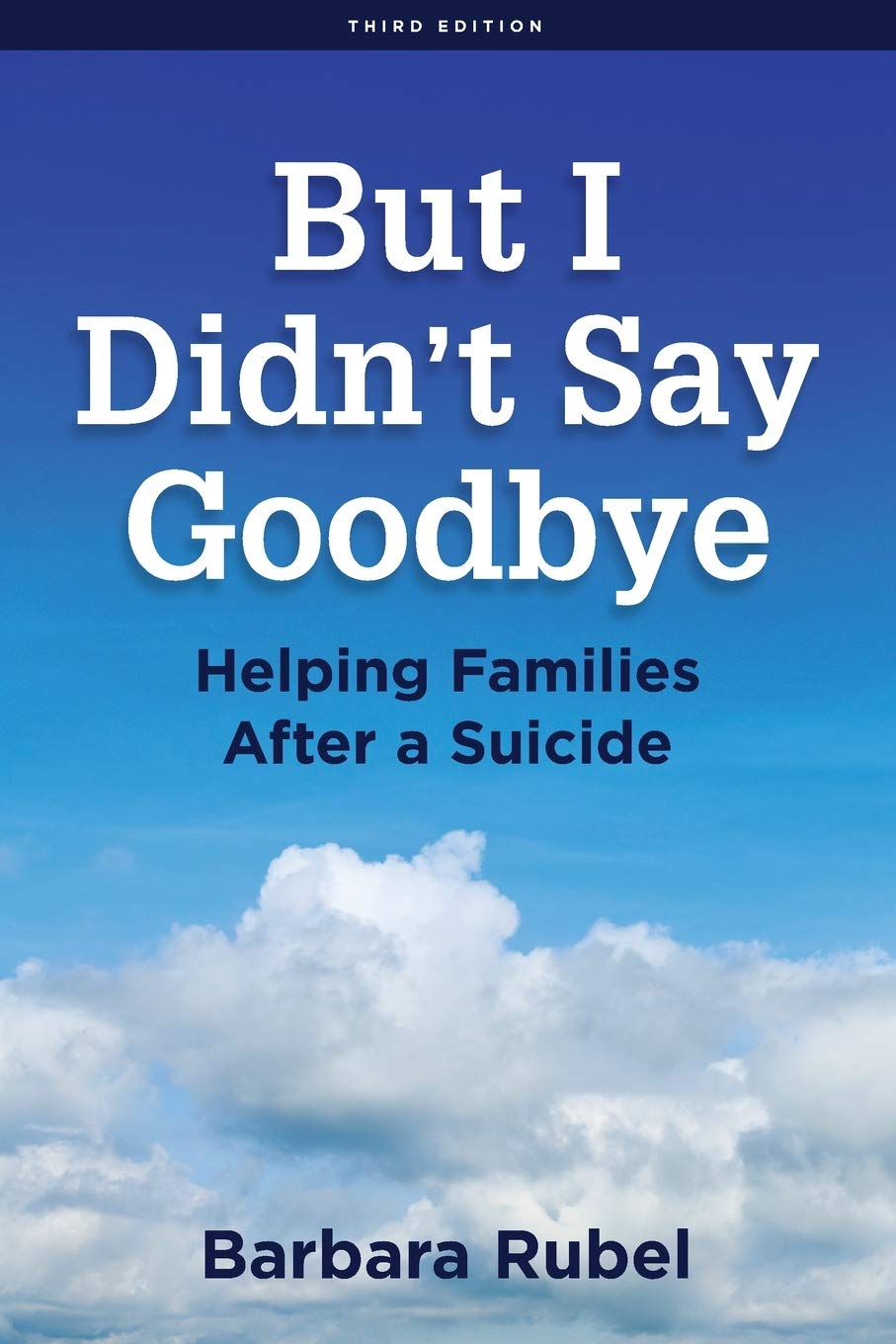
Here are a few resources that we recommend for children & young people
Beyond the Rough Rock: Supporting a Child Who Has Been Bereaved Through Suicide - Winston's Wish
Explaining to a child that someone has died by suicide is possibly one of the most difficult situations that a parent or carer might ever face. This booklet offers practical advice for families in the immediate days and weeks when suicide has been the cause of death. It is a useful booklet aimed at giving parents and professionals the confidence to involve children in discussions about the nature of a death by suicide. It is hoped that children may then begin to understand some of the complexities that often surround suicide. The booklet includes child-friendly activities for you to do as a family as you begin to make sense of what has happened and start to look at ways in which your family can learn to cope.
You Just Don’t Understand: Supporting bereaved teenagers. - Winston's Wish
The transition from childhood to adulthood can be a challenging process at the best of times. This booklet aims to help you understand what is normal adolescent development, and to recognise the additional problems teenagers may face if someone important dies during these years. This booklet is based on many years’ experience of working with bereaved teenagers, families and professionals who support them and the information here will help you to consider how to respond to the individual needs of a bereaved teenager.
Never too Young to Grieve – Supporting children under 5 after the death of a parent- Winston's Wish
This booklet is designed for parents, carers, childcare professionals and other adults supporting children up to the age of 5 who have experienced the death of a parent or carer. It offers information and ideas as well as some activities which we hope will benefit children and their families.
RockyRoads The Journeys of Families through Suicide Grief- Michelle Linn Gust
The grief journey following a suicide loss is not a quick and easy path. Because people are unique, as are the life experiences of individuals, the road can open up in several ways for each person. No one travels the same way. In Rocky Roads: The Journeys of Families through Suicide Grief, Michelle Linn-Gust, the author of Do They Have Bad Days in Heaven? Surviving the Suicide Loss of a Sibling, guides the family unit with a road map to navigate suicide grief as individuals and also as part of the family unit with the ultimate goal of strengthening the family even after a devastating suicide loss.
